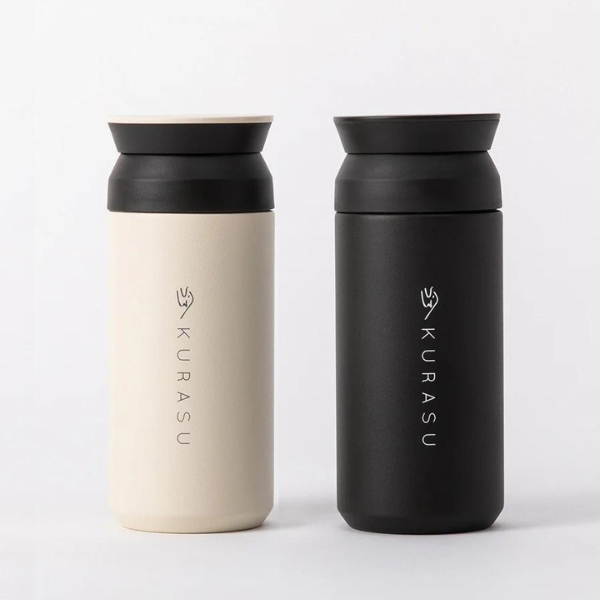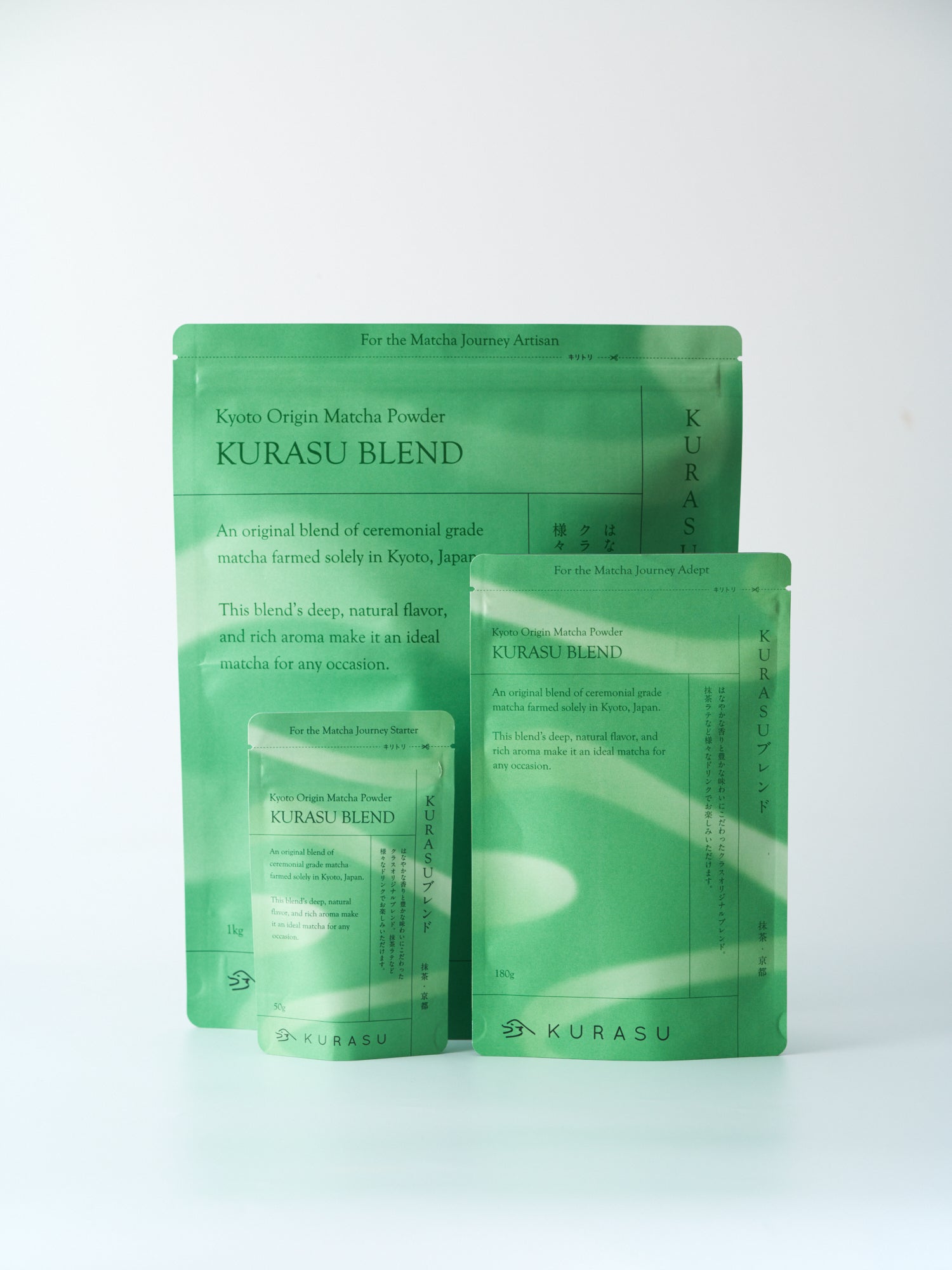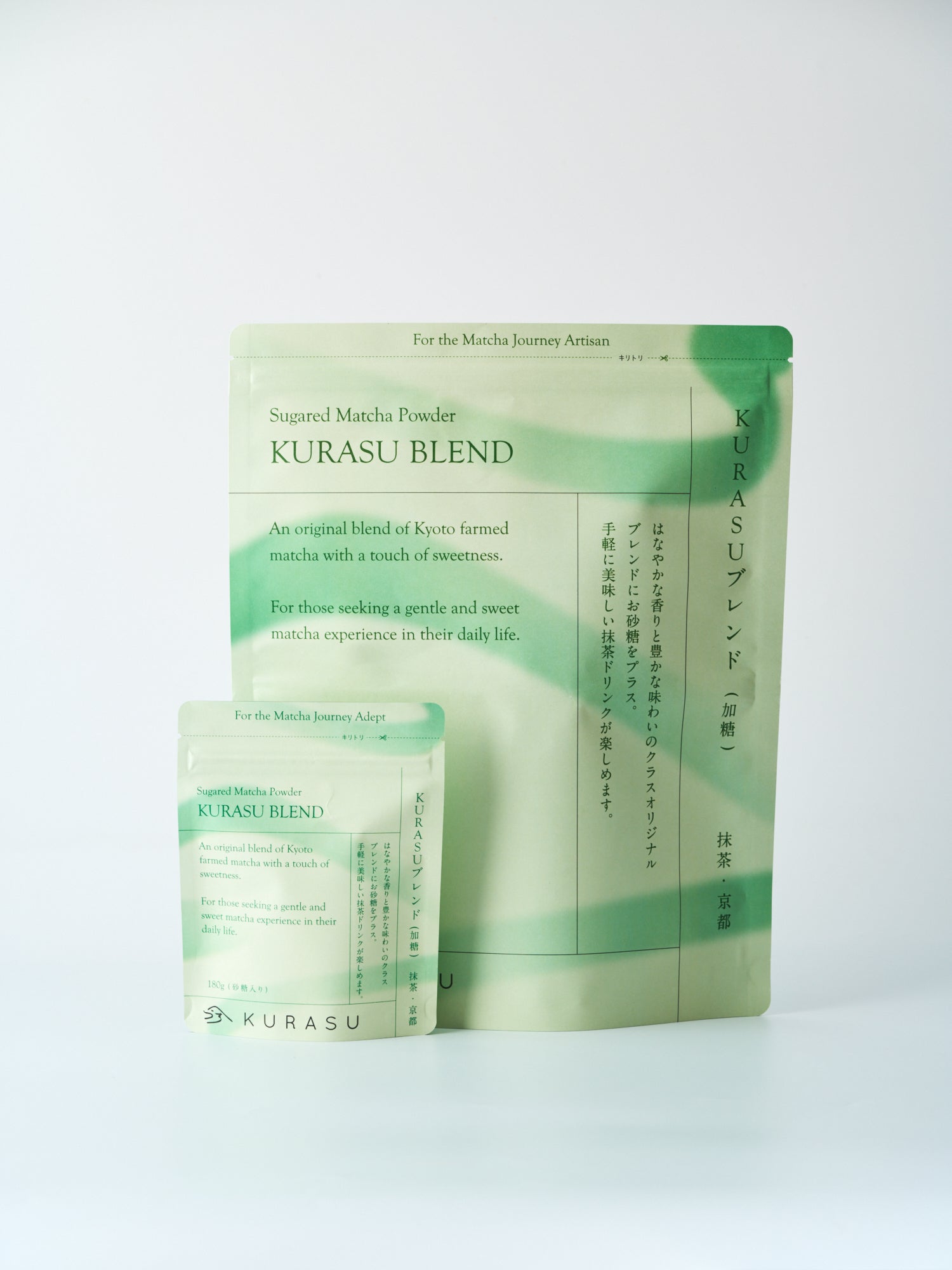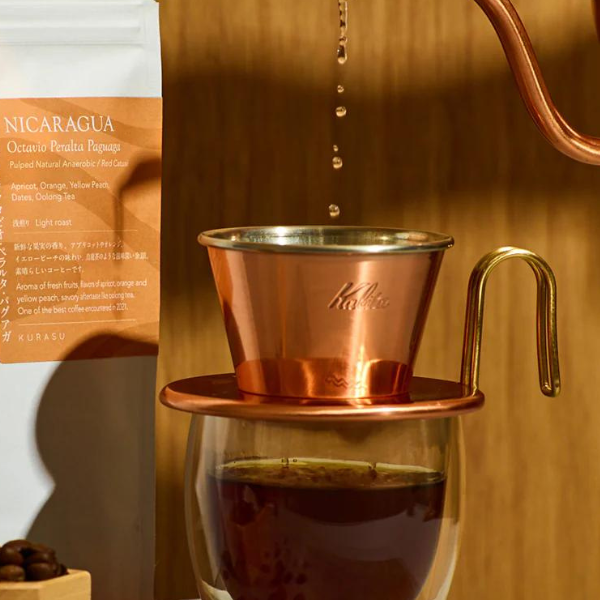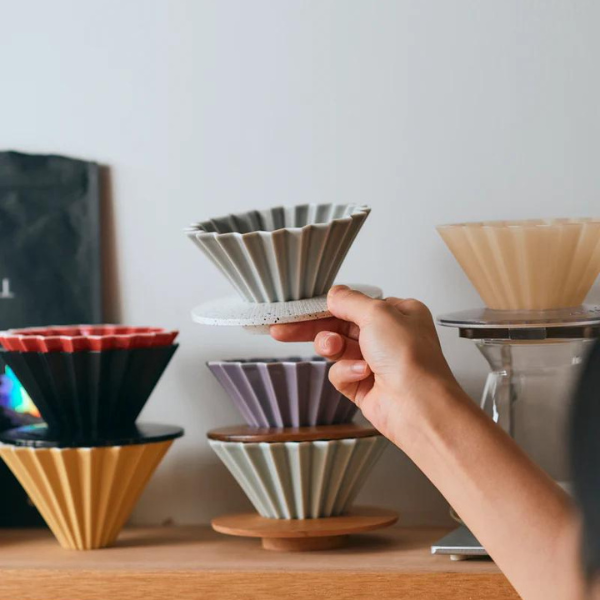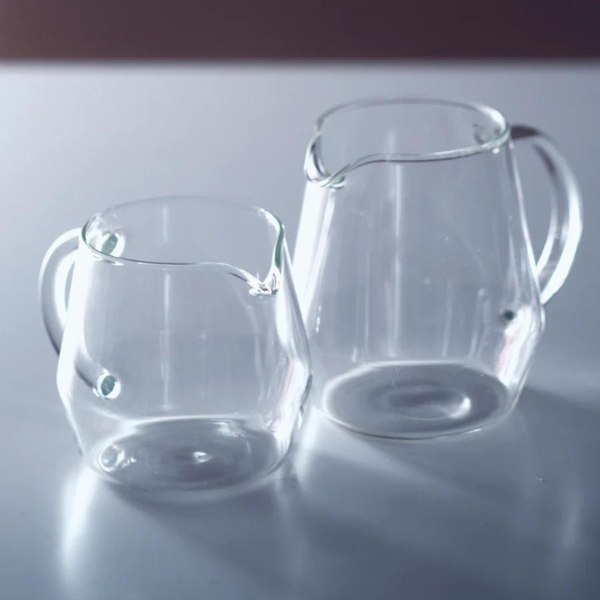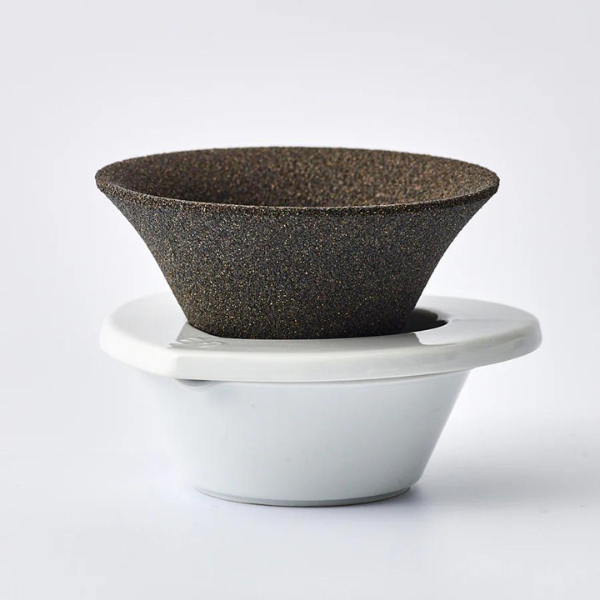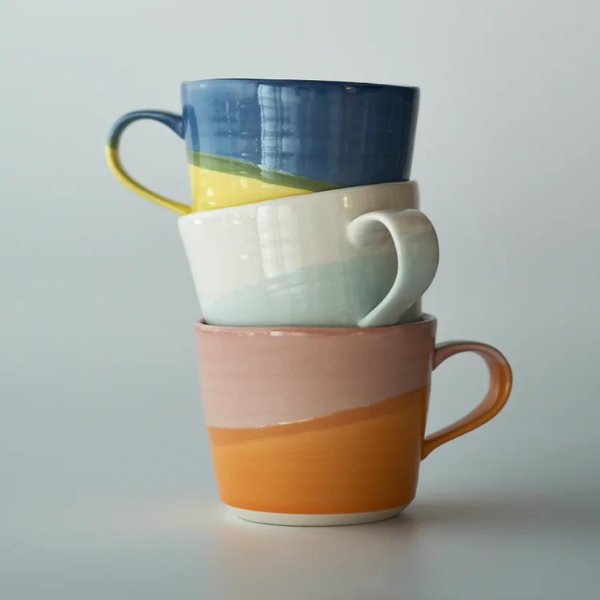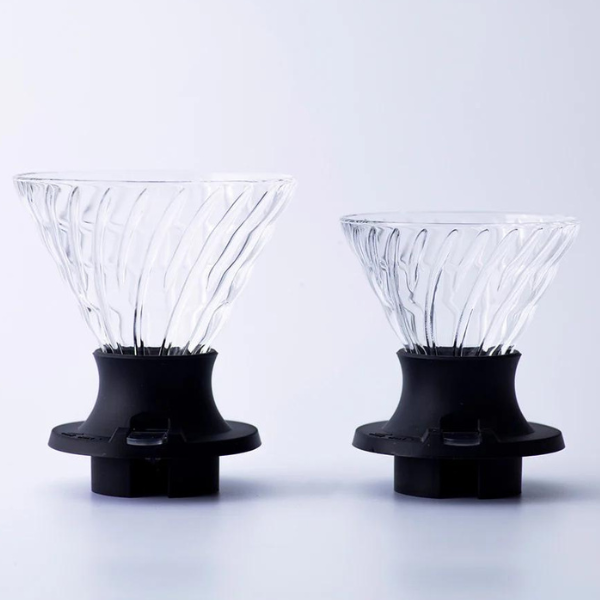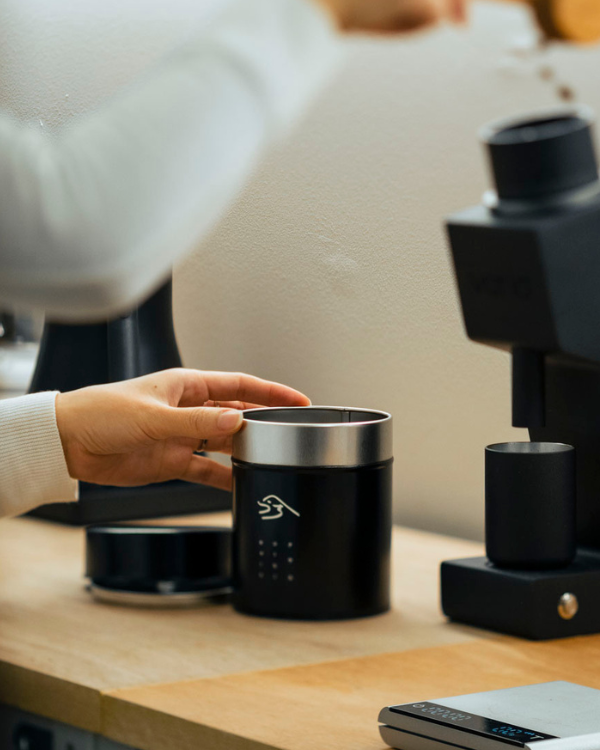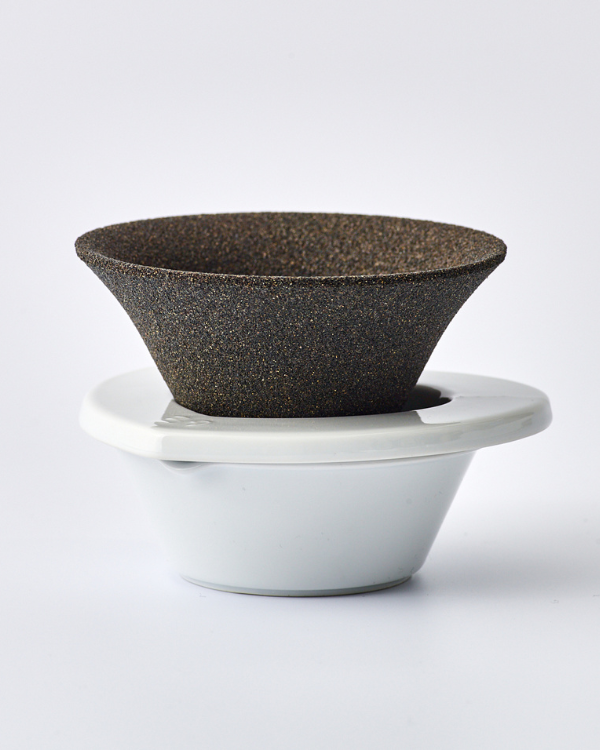The next #kurasupartnerroaster is KARIOMONS COFFEE ROASTER in Nagasaki.
Their roaster/cafe space in Tokitsu-cho was originally a warehouse, so its walls made of galvanized iron sheets, the oil drums and kerosene heaters make for a nostalgic atmosphere. There is a lab-like area where stainless steel cabinets and fridges that reflect fluorescent lights, while there stands a huge worktable made from chic, distressed wood and the black, shining Probat- the place has proper “hideout for grown-ups” sort of vibes. This exciting location served as the backdrop for our interview with Ito-san, the owner and the roaster of Kariomons Coffee.
How It Began
Ito-san stepped into the coffee industry at the age of 18 with a job at a cafe in Nagasaki city. After spending a year working as a barista, Ito-san came across a magazine featuring specialty coffee shops, a article about Honey Coffee caught his eye, and he decided to visit. There, he ordered Kenyan, and it changed his perception of coffee forever- the experience led Ito-san to realise he wanted his future profession to be involved with specialty coffee..
At the time, speciality coffee wasn't really 'a thing' in Nagasaki, and that added to Ito-san's determination to start establishing the career and the culture there. At the age of 23, Ito-san founded Kariomons Coffee Roaster: he built a small roasting hut in the backyard of his apartment, and he’d roast every morning and sell it in the city from a van.
Ito-san kept running his business that way for half a year, but that nomad-like life meant he didn’t have a stable location for his business and it placed physical constraints on him as well. With that in mind, when he came across an advert in the newspaper for a warehouse available for rent, he knew he had to check it out. He immediately visited the location, and for Ito-san, the huge, empty and somewhat isolated space in front of him was nothing but a perfect canvas for the roastery he was dreaming about- “I’ve found a home”, Ito-san thought. At first, he was only roasting in the warehouse and still going out to sell the beans. However, more and more people started to directly visit the warehouse to shop, and Ito-san evolved his roastery to function as cafe/shop too. In 2016, he opened a second roaster in Omura, and his dream that had started out as a hut and a van inow operates in two areas, and continues to grow stronger and stronger in the land of Nagasaki.
Kariomons Coffee Roaster’s Roast
Ito-san’s roasting equipment evolved from a small manual roaster to Fuji Royal’s 1kg, 5kg, and then to the Probat that he now uses at the shop. The reason Ito-san chose Probat was the flavor it creates and its superb heat retention that makes the roasting at the warehouse stable, where the temperature change tends to be drastic depending on time of the day and the season.
Flavor and strength can be very varied depending on the beans and region of the farm, but Ito-san always takes care to ensure that the beans he roasts make a clean but complex cup.
What’s fascinating about roasting for Ito-san is that he can “dig as deep as he wants” when he experiments. Even with the beans that have a tried and tested roasting method, Ito-san can’t help himself but try to find many different ways of unlocking the hidden potential of each type of bean to make a difference. Ito-san told us that he always loves this experimental process no matter how repetitive it may seem.
Usually there are 8 kinds of coffee beans on sale, and almost all of them were purchased directly from the farmers. Ito-san and his staff started to visit farms 7 years ago, and except for a few African regions they haven’t been able to visit, they always purchase directly, instead of via importers.
There are more and more specialty coffee roasters starting up in Japan, and being able to track the product back to the farm it was grown is becoming the expected standard in the third wave era. Kariomons Coffee Roaster is taking a step ahead of the rest of the industry by dealing with the farmers directly, face to face, to establish a stronger relationship.”It may mainly just be a psychological thing, but we believe that because the farmers can put a face to our name, rather than just being a company from a faraway land, the coffee they produce will reflect our special relationship in the quality and flavors” Ito-san told us.
Kariomons Coffee Roaster choose beans according to the season. Making sure their selected regions are as varied as possible, in summer they choose beans that will make a good iced coffee, and in winter, they choose beans suited to a deeper roast while remaining expressive. Sometimes they choose two different kinds of beans by the same producer. Ito-san’s endless curiosity and experimental mindset have been entertaining people a lot, enabling them to experience the unique differences through Kariomons Coffee Roaster’s fun and varied selection throughout the year.

Nagasaki’s Coffee Scene
Home brewing is not widely practiced in Nagasaki, and the mere act of freshly grinding your own beans to brew means people would see you as some stylish, special enthusiastic coffee connoisseur. “I’ve heard when there have been surveys conducted on people who don’t drink wine, most of them will say wine is just too complicated and requires special knowledge. We don’t want to allow coffee go down the same path. We must work hard to build up the intriguingly complex world of specialty coffee, but at the same time it doesn’t mean we should make it unnecessarily difficult or unwelcoming” Ito-san says.
Many people in Nagasaki have discovered the charm of coffee, and many didn’t drink coffee at all before encountering the coffee roasted by Kariomons Coffee Roaster. There still is a long way ahead for Nagasaki’s coffee culture to thrive, but through those definite changes they’ve been making, Ito-san feels that it’s Kariomons Coffee Roaster’s responsibility to continue to lead the way and let the culture flourish.
What “Good Coffee” Means to Ito-san
Ito-san’s idea of good coffee is something that “that doesn't provoke a strong reaction and feels natural, like water, but at the same time has a satisfying complexity in its flavour.”
“What’s considered good in flavor and brewing methods changes as time goes by, and that’s ok” Ito-san says. However, he believes that underneath those trends there is a timeless value in quality and what’s recognized as naturally pleasurable.
From the soil all the way to the cup, coffee is a collaboration of nature and human hands. By respecting these values, Ito-san is able to deliver a roast with a timeless quality.


